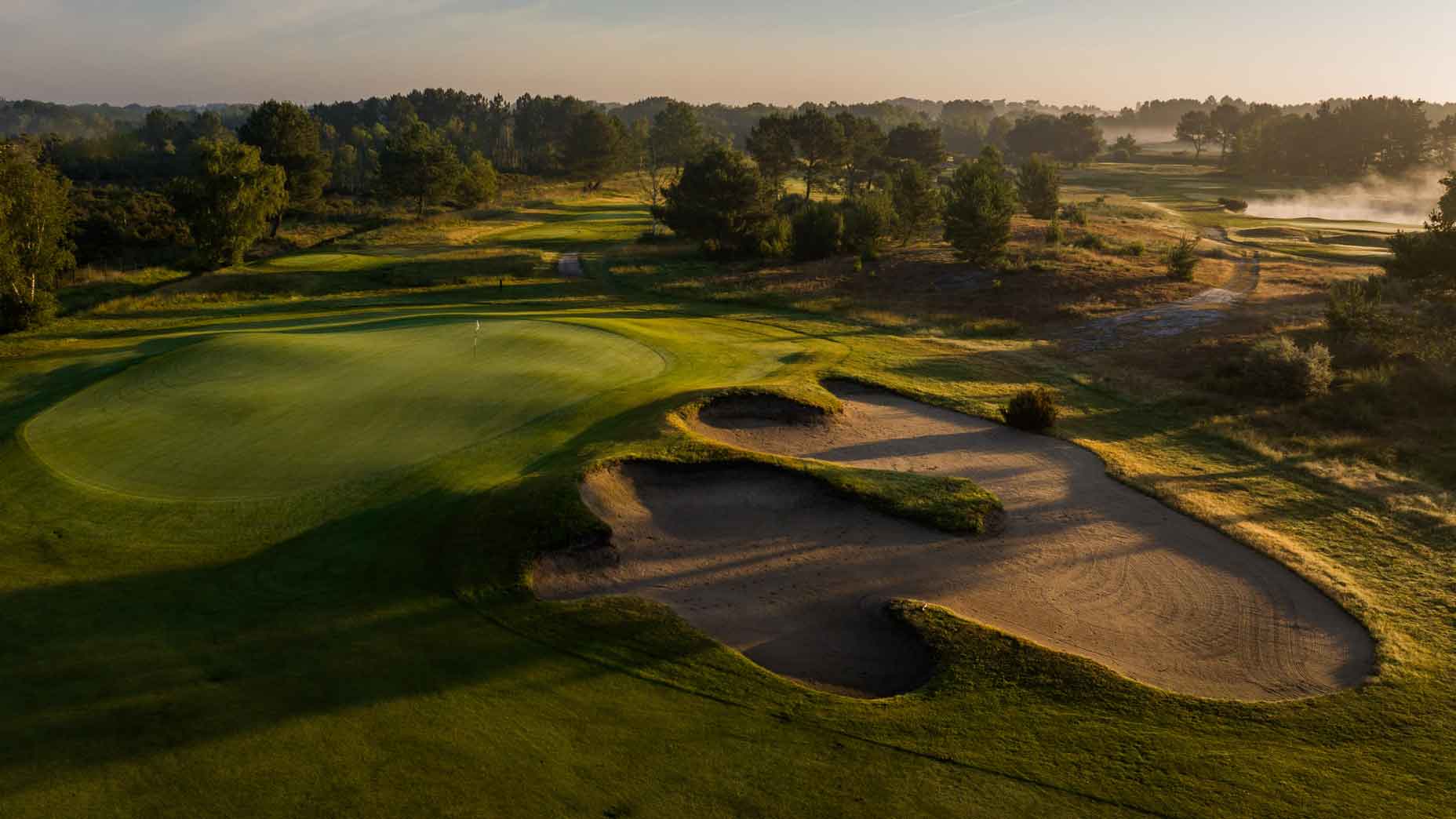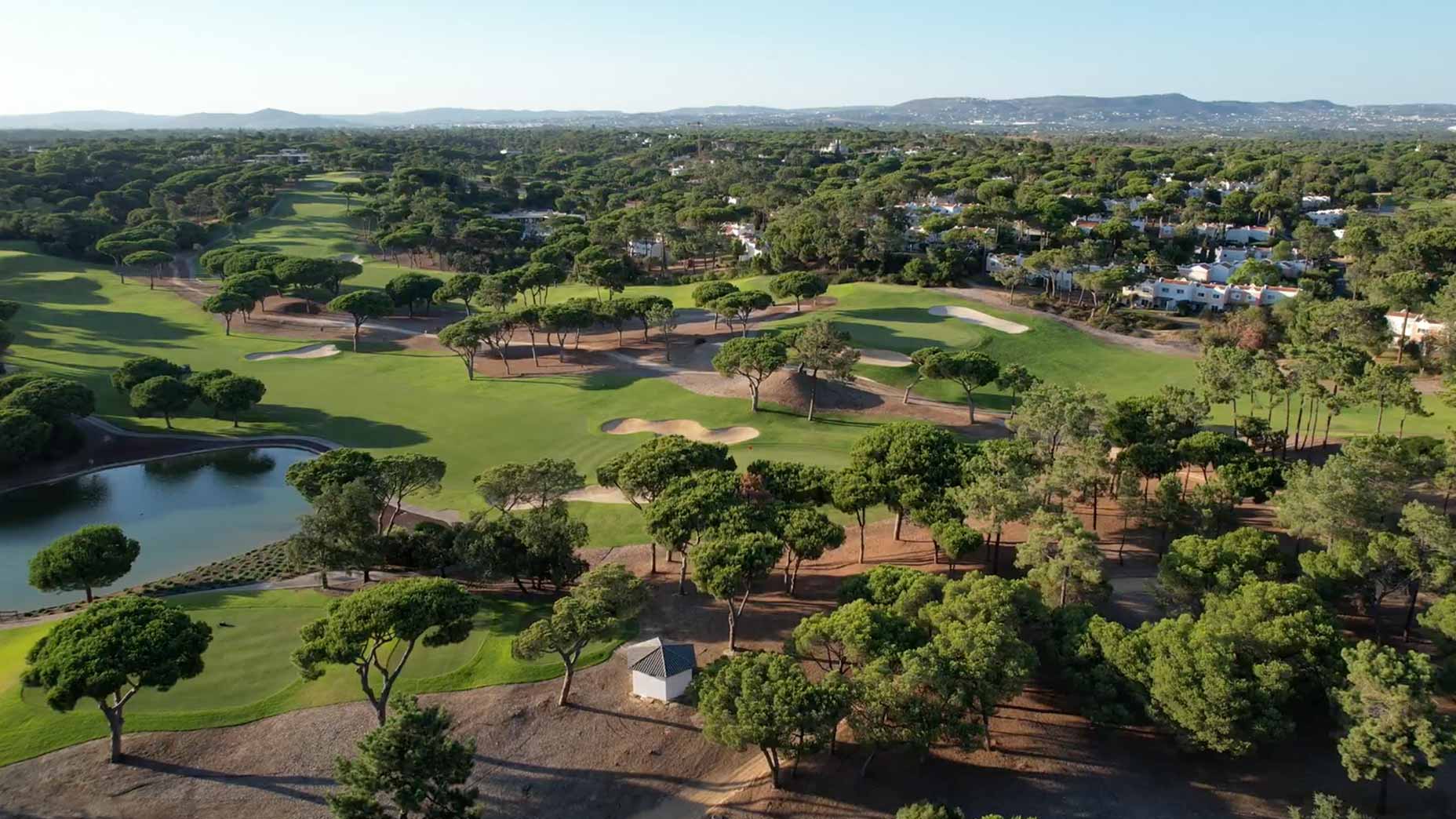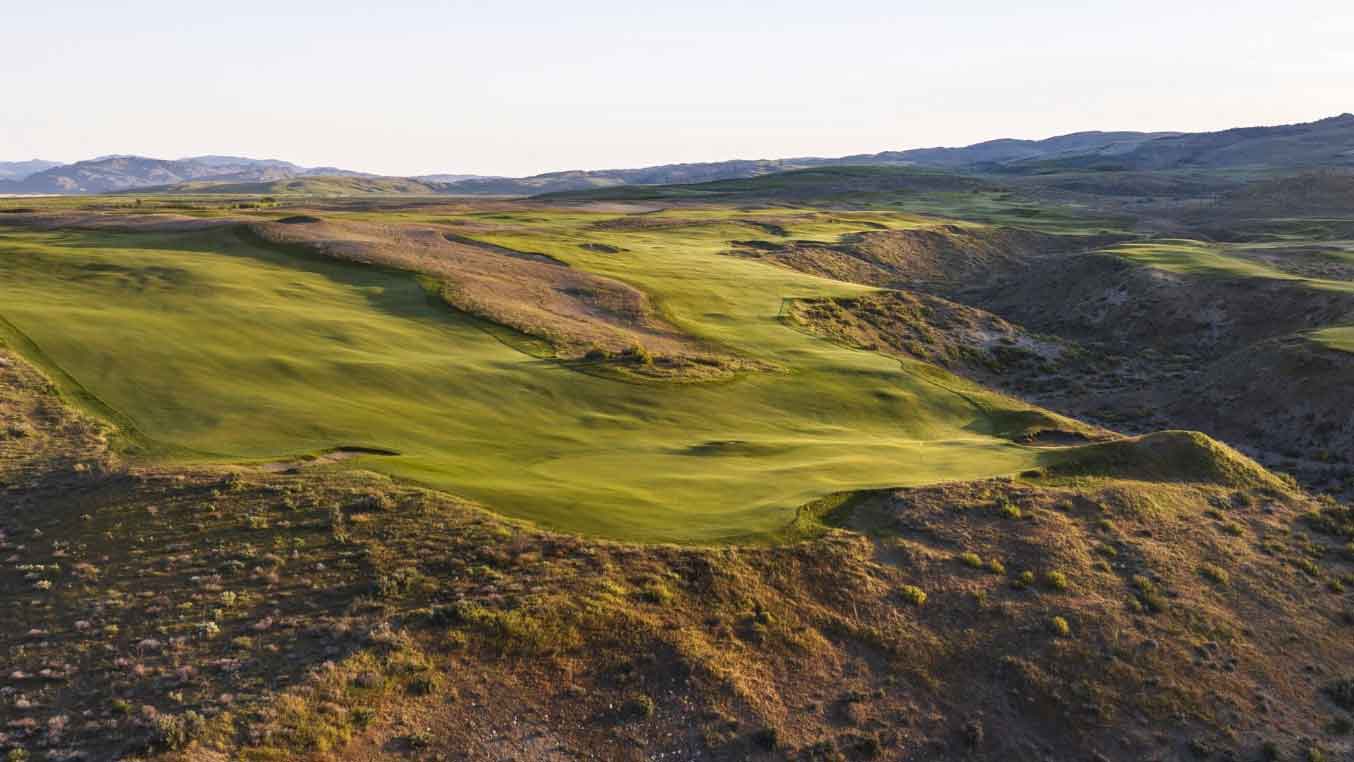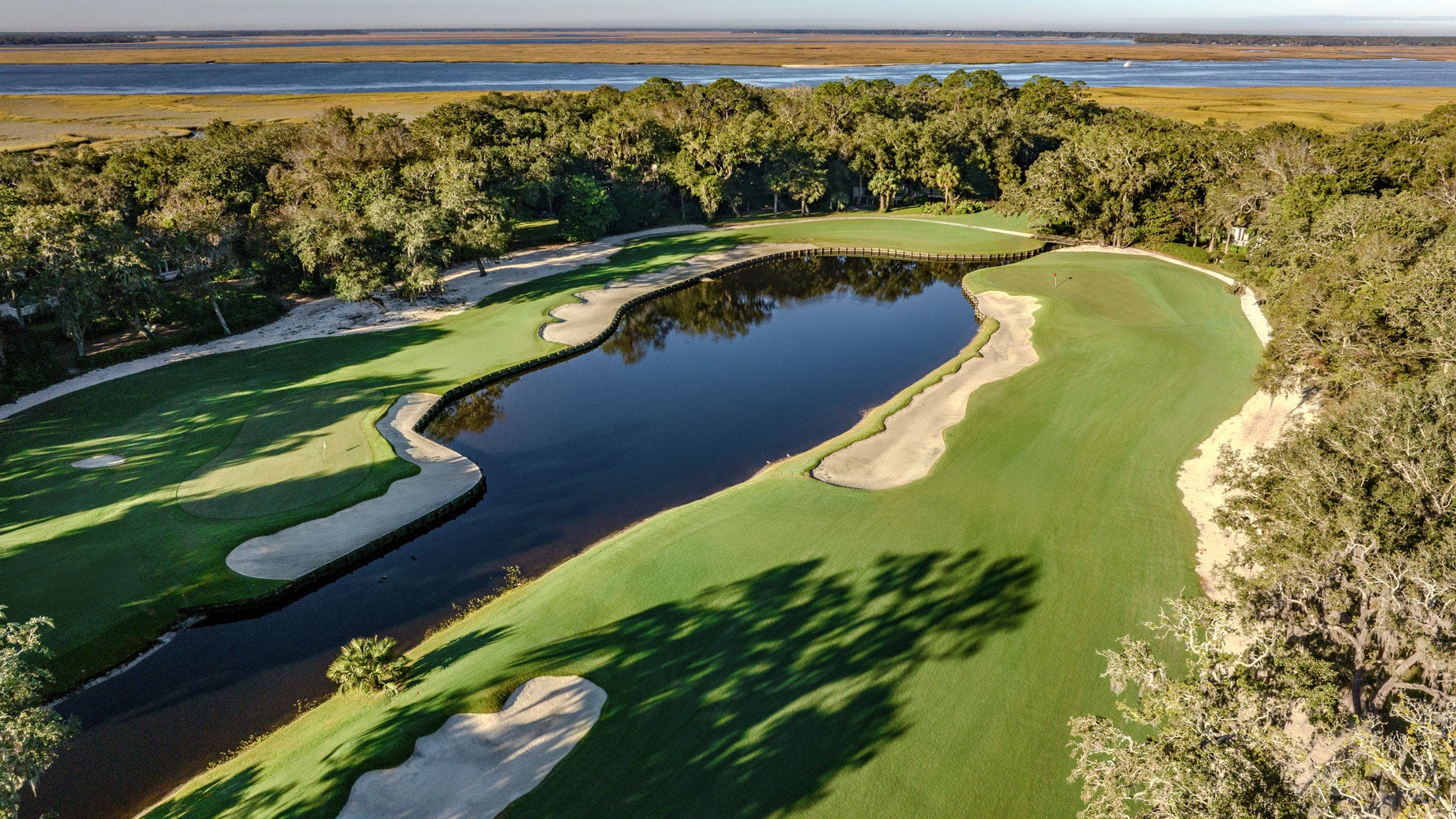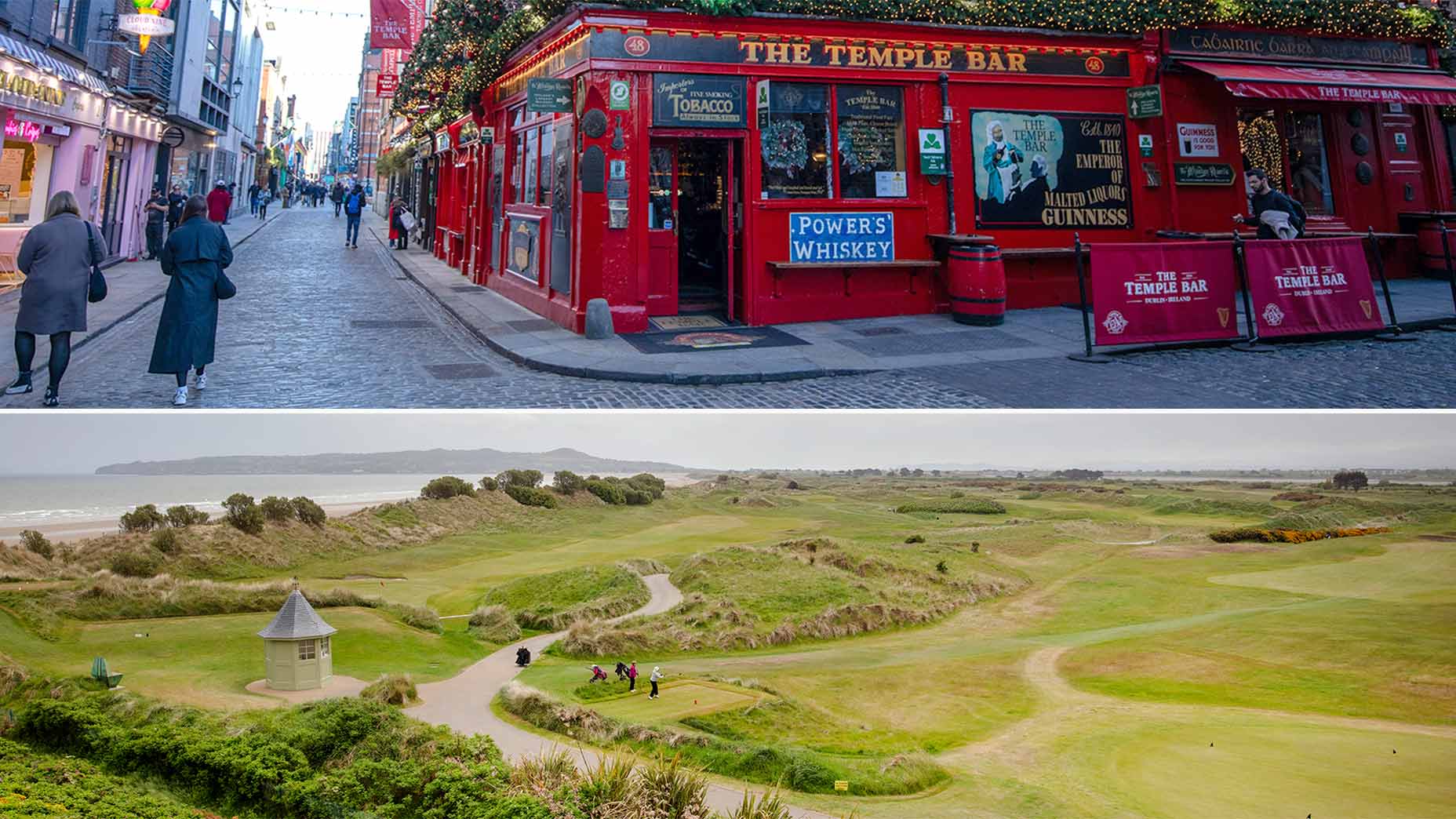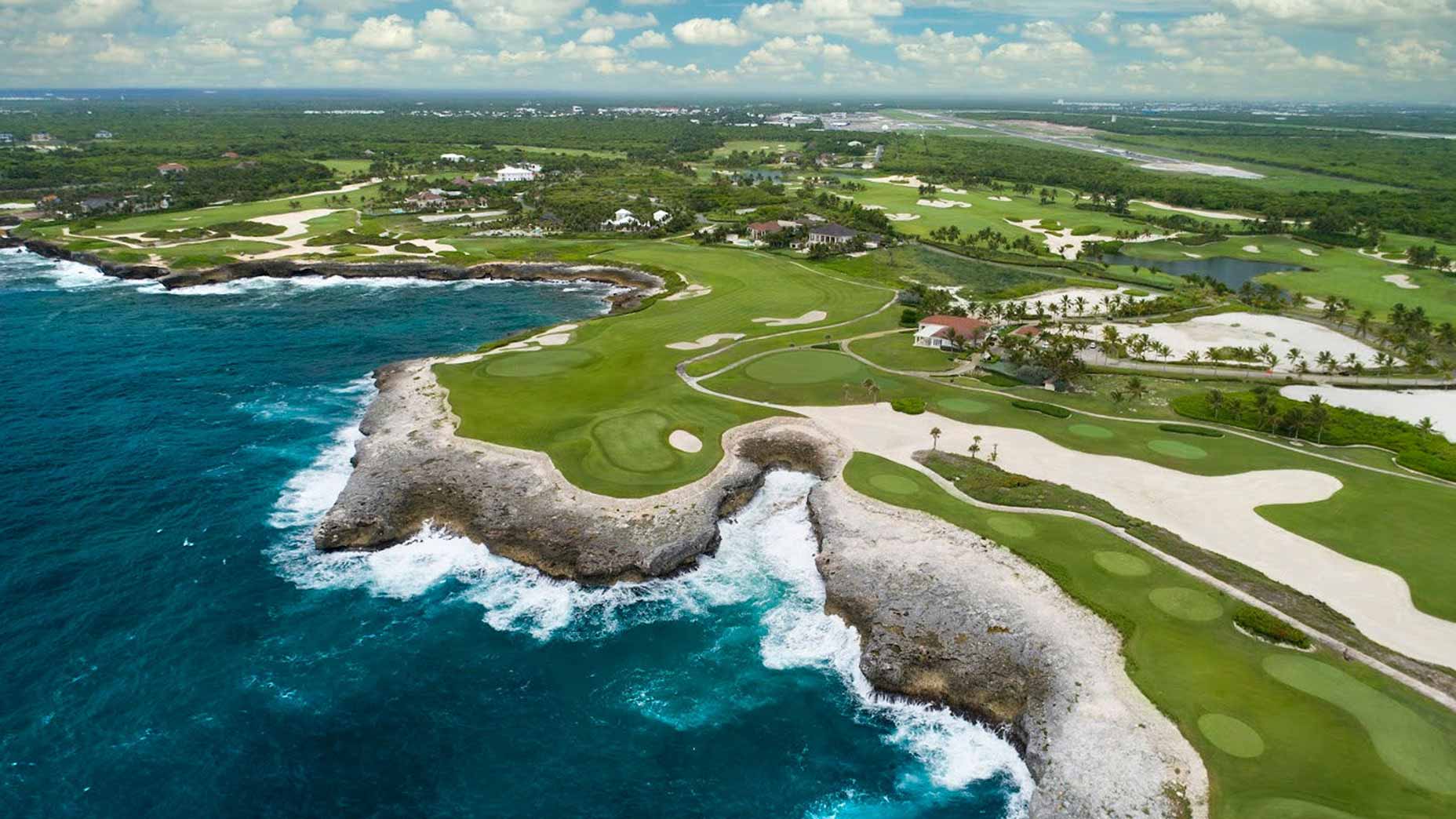There’s nothing quite like a fine Bordeaux, rich in character, with a distinctive sense of place.
The Cabot Collection has just added one to its portfolio.
On Monday, the developer behind marquee golf properties in Canada, the Caribbean, Scotland and beyond announced its acquisition of Golf du Medoc Resort, a luxury destination (and former French Open host) in the famed French wine region of Bordeaux. With the purchase, Cabot’s first property in continental Europe, the resort’s name has changed to Cabot Bordeaux.
“When you say ‘Bordeaux,’ everybody knows it immediately, but many people probably haven’t had a chance to visit,” said Ben Cowan-Dewar, CEO and co-founder of Cabot. “We’re hoping to help shine a light on a region that has an unbelievable story to tell.”
Tucked into a rolling, vineyard-latticed landscape, a two-hour high-speed train ride from Paris, Cabot Bordeaux has two 18-hole courses of modern vintage: the Chateaux and the Vignes. The former, which opened in 1989, was designed by Bill Coore. The latter, completed in 1991, was designed by the Canadian architect Rod Whitman, making Cabot Bordeaux one of only two properties in the world where the two respected designers have projects side by side. The other is Cabot’s flagship property in Cape Breton, Nova Scotia, which is home to Cabot Links (Whitman) and Cabot Cliffs (Coore/Crenshaw).
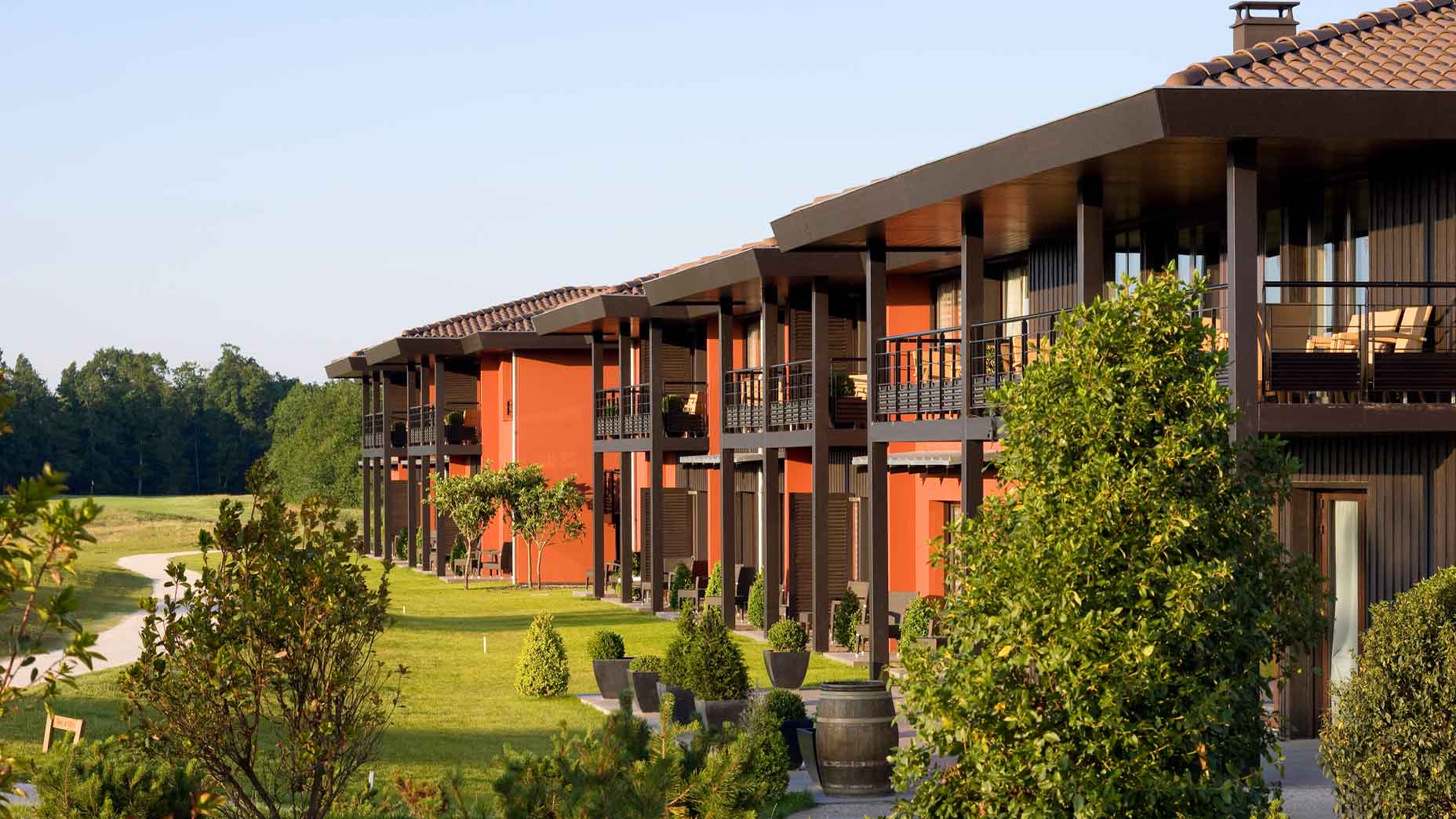
“Knowing Rod and Bill as I have for years, I was of course aware of their work in Bordeaux,” Cowan-Dewar said. “But visiting the region, experiencing its beauty and its food and wine, and seeing the courses for myself, the opportunity was so serendipitous, it almost seemed like fate. I felt we didn’t have a choice but to buy [the resort].”
Long renowned as a gastronomic capital, Bordeaux has experienced a tourist boom in recent years, as travelers have awakened to the wider draws of an area that abounds in historic monuments, museums and castles, proximate to Paris and about an hour from the coast. Nor does it hurt the Bordeaux’s once-exclusive wineries have become more visitor-friendly.
Still, the region has never burned brightly on most golfers’ radars. The same could be said of France itself, a country that was seen by early 20th-century golf architecture buffs as a promising frontier, until World War I got in the way.
Both courses at Cabot Bordeaux doff their caps to a bygone era of design, albeit in different ways. Where the relatively open Chateaux carries echoes of English heathland courses, Cowan-Dewar said, the Vignes, which tucks through more forested terrain, owes a clearer debt to Tom Simpson’s Golden Age work at Morfontaine, outside Paris, the highest-rated course in continental Europe.
In addition to its courses, Cabot Bordeaux has two driving ranges, a training center and a 79-room hotel, which will be refreshed, Cowan-Dewar said, “to make it feel like an even greater celebration of Bordeaux.” As for the golf, no dramatic changes to the existing layouts are in store, though Cowan-Dewar said that the driving ranges might someday be consolidated into a short course. On the Chateaux and Vignes courses, drainage and irrigation will be upgraded to promote firm and fast conditions. But any other tweaks, Cowan-Dewar said, will focus on “polishing up” original design features.
“If I didn’t love Bill and Rod’s work, I wouldn’t have hired them to build the original courses in Cape Breton,” Cowan-Dewar said.
The Bordeaux announcement follows a string of headline-making moves by Cabot, whose fast-growing footprint has expanded beyond Cape Breton to include Cabot Saint Lucia, in the Caribbean; Cabot Citrus Farms, in Florida; Cabot Highlands, in Scotland; and Cabot Revelstoke, in British Columbia.
Cabot Bordeaux is a year-round resort, and the courses and the hotel will remain open to guests throughout the change in ownership, with renovations taking place in phases. For more information, visit thecabotcollection.com and cabotbordeaux.com.
